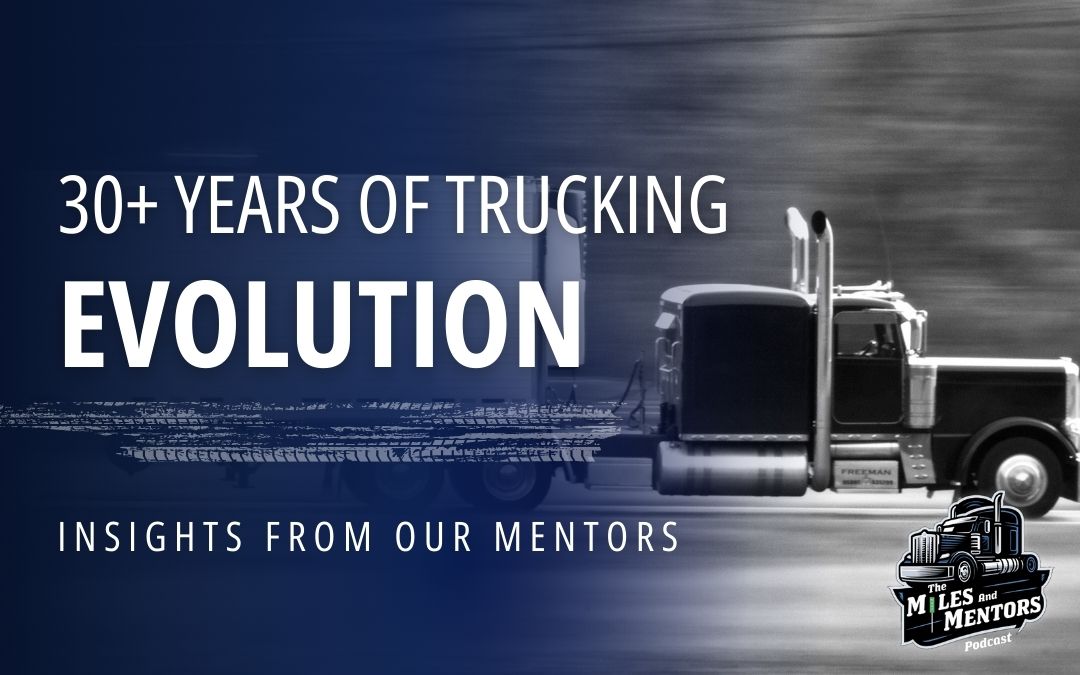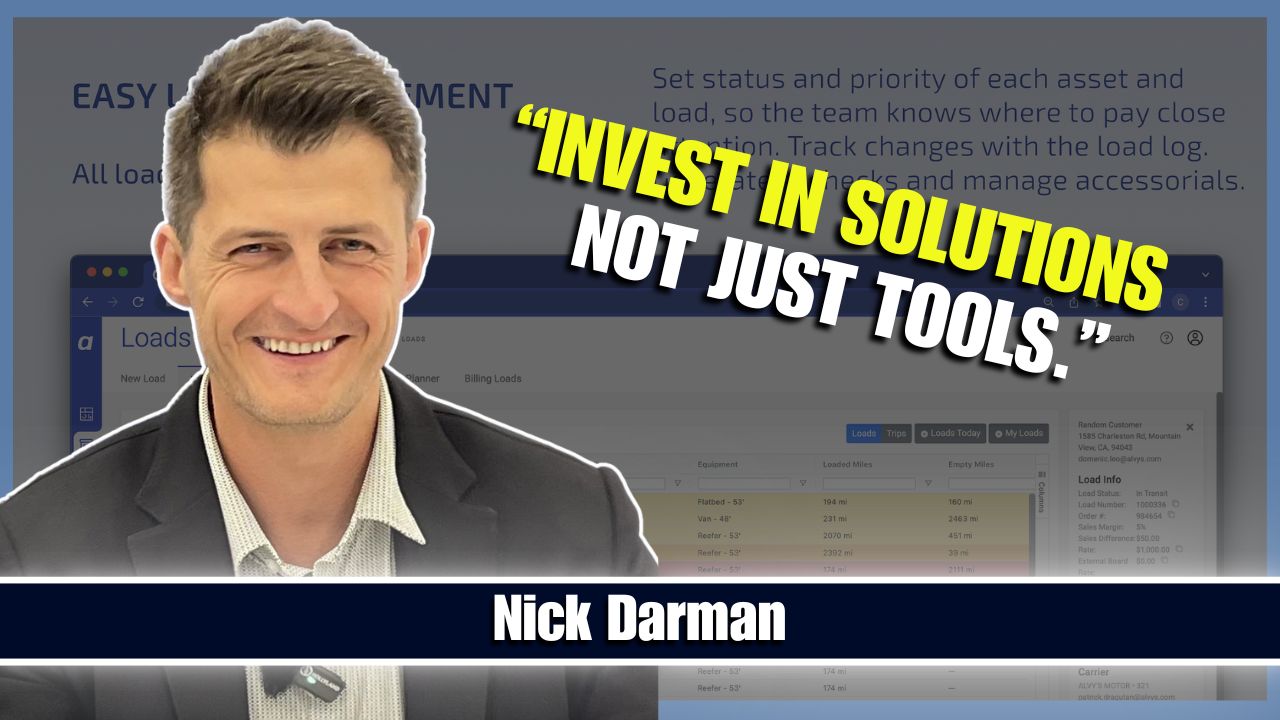Over the past three decades, the trucking industry has undergone remarkable transformations, shaped by technological innovation, stricter regulations, and evolving market demands. Mark Reeder of Hoyt’s Truck Center in Topeka, KS, brings his decades of expertise to highlight the most impactful changes in trucking, offering valuable insights for both seasoned professionals and newcomers.
 From Cab-Overs to Aerodynamics
From Cab-Overs to Aerodynamics
Thirty years ago, cab-over engine trucks were a common sight on highways, designed to meet length restrictions. But as regulations changed in the 1990s to allow 53-foot trailers, conventional trucks with extended hoods became the norm. This shift wasn’t just about size—it marked the beginning of a focus on aerodynamics. Today’s trucks are engineered to minimize wind resistance, significantly improving fuel efficiency.
When I started in the industry, 5 miles per gallon was the norm. Now, with modern aerodynamic designs and better specs, trucks can achieve 8 to 9 miles per gallon. That’s a huge difference in the bottom line for owner-operators.
This evolution demonstrates how engineering and regulation can align to improve performance and profitability in the industry.
Technology: Revolutionizing the Industry
In the early days of trucking, drivers relied on paper maps and CB radios. Today, GPS technology and telematics have transformed operations, allowing real-time route optimization, fuel monitoring, and predictive maintenance. Telematics has not only improved efficiency but also helped with preventative maintenance by identifying vehicle issues before they become major problems.
The introduction of ELDs changed how drivers record Hours of Service. Paper logs were prone to errors, but ELDs ensure compliance and simplify record-keeping. At first, drivers weren’t happy about ELDs. But over time, they’ve realized how much easier they make things. No more juggling paper logs—it’s all automatic now.
Modern trucks come equipped with adaptive cruise control, lane departure warnings, and automatic emergency braking, reducing accidents and enhancing driver safety. Some systems, like Freightliner’s advanced collision mitigation technology, can even bring a truck to a safe stop if a driver becomes incapacitated. It’s remarkable how far safety tech has come.
Comfort and Driver Experience
The physical demands of trucking have eased over the years. Manual transmissions, once the industry standard, have largely been replaced by automated systems. Back in the day, driving a manual truck in traffic was exhausting. Now, automatics not only make driving easier but also improve fuel efficiency by optimizing gear shifts.
Modern trucks also offer better ergonomics, climate controls, and quieter cabins—making long-haul trips more manageable and improving driver well-being.
 Regulatory and Market Challenges
Regulatory and Market Challenges
Regulations around emissions, Hours of Service, and driver safety have grown stricter. While compliance can be costly, these rules are designed to improve safety and sustainability. Staying ahead of regulations is critical. The key is to embrace the changes rather than fight them.
The industry also struggles with recruiting and retaining drivers. Rising operational costs and time away from home make trucking a tough sell to younger generations. To combat this, companies are offering better pay, benefits, and improved work-life balance.
Looking to the Future
While fully autonomous trucks aren’t yet widespread, semi-autonomous features are becoming common, promising to enhance safety and efficiency in the years ahead. Big data is transforming trucking, allowing companies to analyze trends, optimize routes, and predict maintenance needs—helping fleets operate more efficiently and profitably. Advancing safety technology, such as automatic emergency braking and adaptive cruise control, will continue to evolve, making highways safer for all.
Lessons from Decades in Trucking
Mark Reeder’s career has been defined by his ability to adapt. His advice for navigating today’s trucking industry is to stay educated, keep up with new technologies and regulations, and invest wisely in trucks based on efficiency and reliability rather than appearance. Building relationships with trusted repair shops and industry contacts is essential, as is planning ahead with preventative maintenance and financial strategies to ensure long-term success.
Ready to Navigate the Road Ahead?
The trucking industry has come a long way over the last 30 years. From groundbreaking technological advancements to the rise of sustainable practices, its evolution is a story of resilience and innovation. By embracing change and learning from industry veterans like Mark Reeder, drivers and fleet owners can confidently navigate the road ahead.
Stay informed with expert insights by tuning into the Miles and Mentors Podcast, where we share the stories and advice that matter most to truckers.



